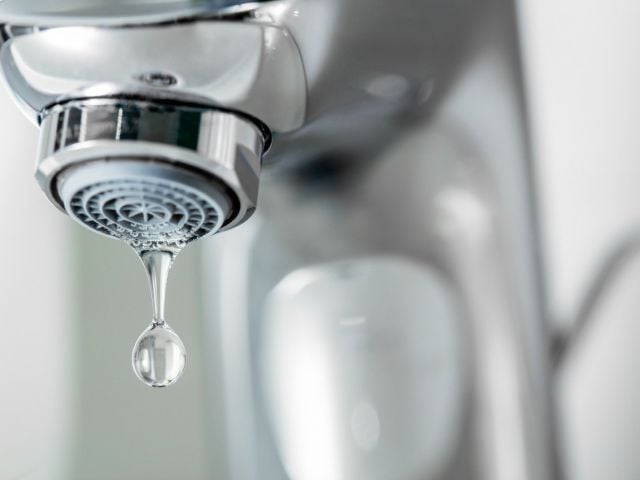Washington, D.C. – The Environmental Working Group has released its new online water filter buying guide with more options and new tips for consumers who want cleaner drinking water for themselves and their families.
“Having clean and safe drinking water isn’t a privilege, it’s a right,” said Paul Pestano, an EWG research analyst and a lead researcher on the new filter guide. “However, in the real world much of America’s drinking water contains various contaminants. These can be reduced by investing in the appropriate filtration system.”
A glass of water from the kitchen sink can often contain a number of contaminants, including known and probable carcinogens, substances toxic to the endocrine and nervous systems and chemicals that may have risks to pregnancy and development. Tap water contaminants come from a wide variety of sources. Among the major culprits are pesticides and chemicals from fertilizer- and manure-laden farm runoff; factory discharges; polluted runoff from wastewater treatment plants; and pollutants that leach from pipes and storage tanks.
As many people are unaware, one important source of tap water pollution is the treatment process itself. Municipal water treatment plants use chlorine or a chlorine compound called chloramine to kill disease-causing bacteria in source water. But when these chemicals react with rotting organic matter such as manure, sewage, dead animals and plants, they form toxic pollutants called trihalomethanes and haloacetic acids. Technically, these unwanted chemicals are known by the euphemism, “disinfection by-products,” but we call them what they are: water treatment pollutants, or toxic trash.
For more information about water treatment pollutants, read EWG’s new report: Toxic Trash in Drinking Water
By choosing the right water filtration system, many pollutants can be dramatically reduced or even eliminated. In addition, consumers can save hundreds or thousands of dollars a year by not buying bottled water and instead investing in a filter.
There are thousands of water filters on the market today. Not all of them live up to their promises. Some filters use a combination of technologies, while others rely on just one. There are several different categories of filters that can differ widely in both price and relative effectiveness: pitcher; faucet-mounted; countertop; under-sink and water softener. EWG has reviewed 137 filter systems that have been certified by the California Department of Public Health and/or NSF, a reputable independent product evaluation company.
“Depending on where you live, you and your family could be drinking a cocktail of various contaminants,” Pestano said. “Some of these could pose long-term health problems on their own. Consuming them in combination could be even worse.”
EWG’s online water filter buying guide makes it easy for busy consumers to choose what’s best for themselves and their families. The EWG online guide gives consumers options along with straightforward, easy-to-use steps to filter maintenance.



